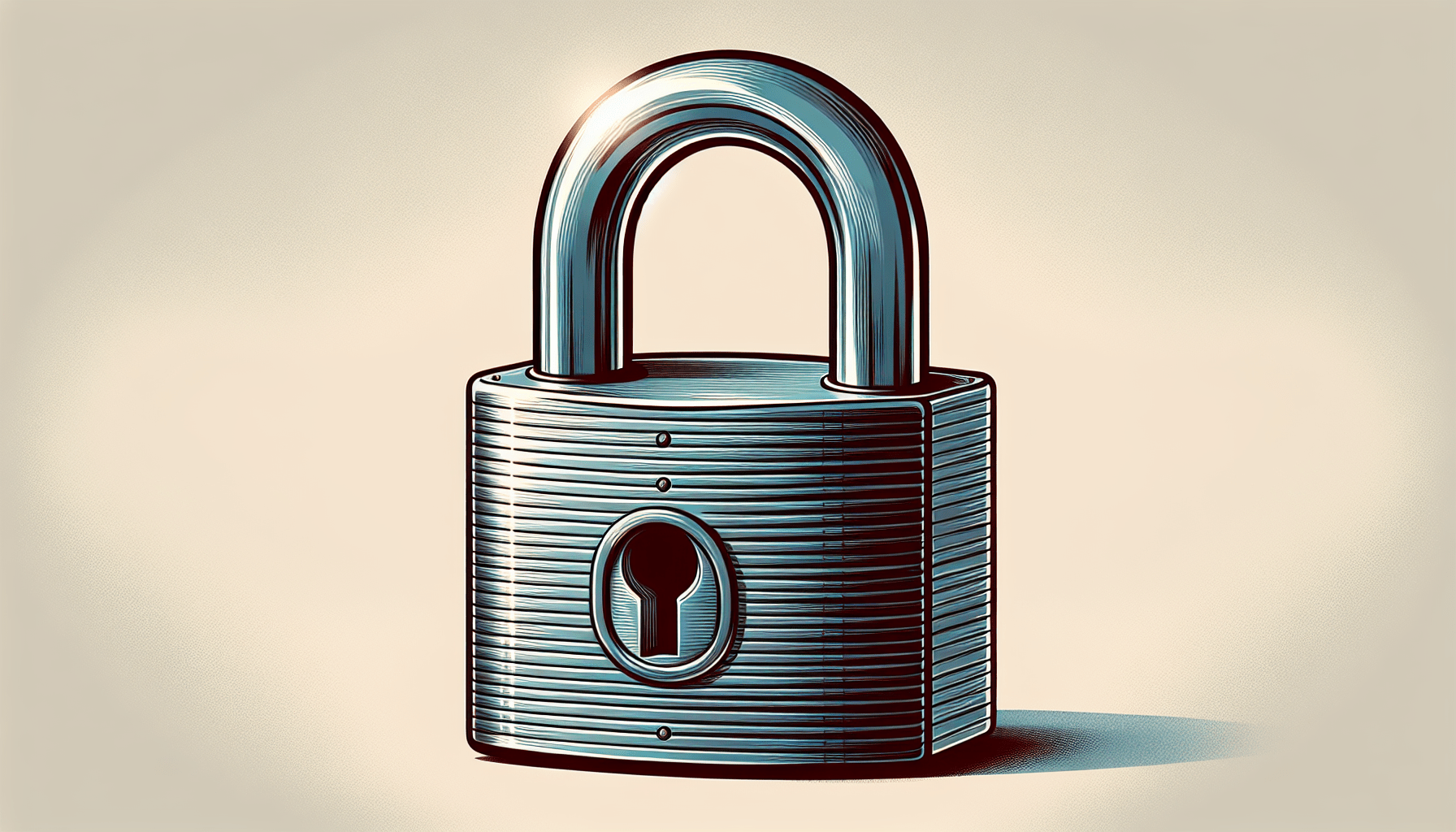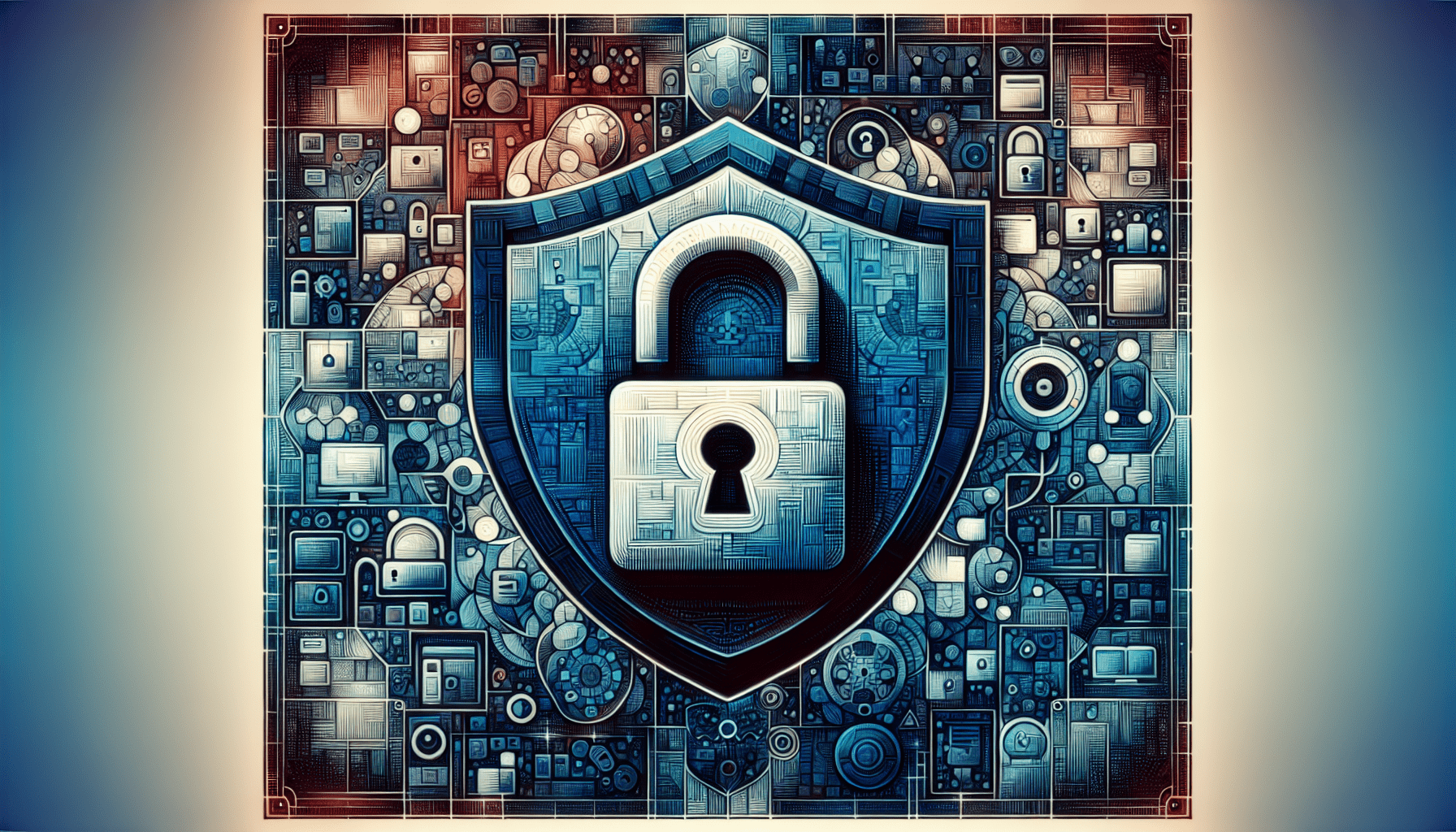Is Your Payment Gateway Secure?
When it comes to running an e-commerce website, ensuring the security of your payment gateway is crucial. Your customers are trusting you with their sensitive financial information, and it’s your responsibility to protect it. In this article, we’ll discuss some essential tips to help you secure your website’s payment gateway and establish trust with your customers.
Understanding Payment Gateways
Before we dive into securing your website’s payment gateway, let’s first understand what a payment gateway is. A payment gateway is a service that processes credit card and other online payments for e-commerce websites. It acts as a bridge between your website and the bank, securely transmitting payment information for authorization and settlement.
Payment Gateway Providers
There are many payment gateway providers available in the market, each offering different features and security measures. It’s essential to choose a reputable provider with a proven track record of safeguarding payment information. Popular payment gateway providers include PayPal, Stripe, and Authorize.Net.
How Payment Gateways Work
When a customer makes a purchase on your website, the payment gateway encrypts their credit card information and securely transmits it to the payment processor. The transaction is then authorized or declined based on the customer’s available funds and fraud checks. If approved, the payment is settled, and the funds are transferred to your merchant account.
Securing Your Website’s Payment Gateway
Now that we’ve covered the basics, let’s dive into some essential tips to secure your website’s payment gateway and protect your customers’ financial data.
Use HTTPS Protocol
One of the most critical steps in securing your payment gateway is ensuring that your website uses the HTTPS protocol. HTTPS encrypts the data transmitted between your website and the customer’s browser, making it difficult for hackers to intercept and steal sensitive information. To enable HTTPS, you’ll need to install an SSL certificate on your website.
Implement Two-Factor Authentication
Two-factor authentication adds an extra layer of security by requiring users to verify their identity with something they know (password) and something they have (phone or email). Implementing two-factor authentication for your website’s admin panel and payment gateway can help prevent unauthorized access and protect sensitive data.
Regularly Update Software
Keeping your website’s software, including your content management system, plugins, and payment gateway, up to date is essential for security. Hackers often exploit vulnerabilities in outdated software to gain access to websites and steal payment information. Make sure to regularly install updates and patches to mitigate these risks.
Use Strong Passwords
Secure passwords are a vital part of securing your website’s payment gateway. Avoid using easily guessed passwords like “password” or “123456” and instead opt for complex combinations of letters, numbers, and special characters. Encourage your team members to use strong passwords and consider implementing a password manager for added security.
Monitor Suspicious Activity
Monitoring your website for suspicious activity can help you identify and respond to potential security threats quickly. Keep an eye on login attempts, payment transactions, and changes to your website’s code. If you notice any unusual activity, investigate it immediately and take steps to secure your payment gateway.
Secure Payment Data Storage
Storing payment information securely is crucial for protecting your customers’ financial data. Avoid storing sensitive information like credit card numbers and CVV codes on your website’s server. Instead, use a tokenization or encryption system to protect payment data and ensure compliance with data security standards.
Compliance and Regulations
In addition to implementing security measures, it’s essential to comply with relevant regulations and standards to secure your website’s payment gateway. Non-compliance can result in costly fines, reputational damage, and loss of trust with your customers.
Payment Card Industry Data Security Standard (PCI DSS)
The Payment Card Industry Data Security Standard (PCI DSS) is a set of guidelines established by major credit card companies to ensure the secure handling of payment information. If your website processes credit card payments, you must comply with PCI DSS requirements to safeguard customer data and prevent data breaches.
General Data Protection Regulation (GDPR)
The General Data Protection Regulation (GDPR) is a European Union regulation that governs the processing of personal data and protects the privacy rights of individuals. If your website collects personal information from EU residents, you must comply with GDPR regulations to secure customer data and avoid penalties for non-compliance.
Secure Sockets Layer (SSL) Certificate
An SSL certificate is a digital certificate that encrypts the connection between your website and the user’s browser, ensuring a secure and private communication channel. Having an SSL certificate installed on your website is not only essential for securing your payment gateway but also enhances your website’s credibility and trustworthiness with customers.
Final Thoughts
Securing your website’s payment gateway is crucial for protecting your customers’ financial data and building trust with your audience. By following the tips and best practices outlined in this article, you can establish a secure and reliable payment processing system that safeguards sensitive information and prevents unauthorized access. Remember, the security of your payment gateway is not only a legal requirement but also a moral obligation to protect your customers’ interests.









